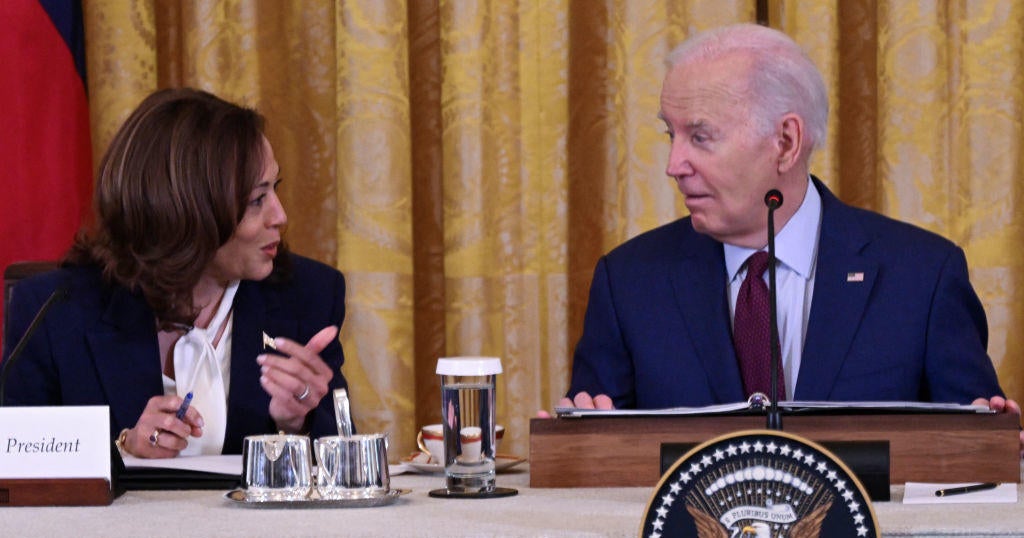How the U.S.-Mexico-Canada trade deal changes the landscape
The trade agreement Canada and the U.S. hammered out near midnight Sunday is the next step in revamping the 25-year-old North American Free Trade Agreement, or NAFTA, and is a cornerstone of President Donald Trump's approach to trade. Mr. Trump has long blasted NAFTA, even before his presidential campaign.
Although the new agreement may not be "the biggest trade deal in the United States' history," as Mr. Trump claims, its importance can't be underestimated: Trade among Canada, Mexico and the U.S. touches jobs and company profits in all three places. And all three countries wanted to get a deal underway before the change of government in Mexico in two months.
As Mr. Trump's Sept. 30 deadline approached, it seemed less likely the U.S. would be able to keep Canada in the trilateral pact with Mexico. Asked about the greatest concession the U.S. had to make, Mr. Trump at a news conference Monday answered that it was probably making the deal at all.
The most substantial proposed changes in the new agreement, now dubbed the U.S.-Mexico-Canada Agreement, or USMCA, may land squarely in consumers' laps especially when it comes to autos and auto parts, economists and analysts say.
Here's what to watch as officials in all three countries refine the deal.
Autos may cost more for U.S. consumers
The USMCA would ensure that 75 percent of automotive content will be produced within the trade bloc starting in 2020 in order for companies to sell duty-free. That's up from a current 62.5 percent.
The agreement also requires more than 40 percent of auto content be made by workers inside the trade bloc who earn at least $16 an hour. That's about three times the current average hourly pay for Mexican workers.
So the USMCA may raise the price of your car, truck or SUV as manufacturers pass on the higher production costs, economists said.
"Unfortunately, I believe it may do little to expand employment in the auto sector and will hurt auto buyers," said Syracuse University economist Mary Lovely, whose analysis of Mr. Trump's proposed auto tariffs for the Peterson Institute of International Economics shows higher consumer costs.
"The new rules raise the cost of production in North America, raise prices for auto buyers, and reduce overall auto and truck sales," Lovely said in an e-mail.
The agreement also in effect shields Mexico and Canada from the section of U.S. law that allows the White House to impose tariffs for national security reasons, the tool Mr. Trump is using to threaten auto tariffs and has cited to impose steel and aluminum duties.
The U.S. this summer threatened auto tariffs of as much as 25 percent. That leaves Japan and European carmakers vulnerable, and in turn their customers are also subject to potentially higher prices, economists point out.
Ford, which says it ships 80 percent of its vehicles from the U.S., praised the deal, saying it was "very encouraged."
Union leaders were more cautious. No fan of NAFTA, Gary Jones, president of the United Auto Workers, said in a statement his union isn't ready to endorse the deal just yet. "Numerous details still need to be reviewed and resolved before making a final judgment on this agreement," Jones tweeted Monday. His sentiments were echoed by AFL-CIO head Richard Trumka.
Steel and aluminum tariffs are still in place
The agreement doesn't get rid of Mr. Trump's steel and aluminum tariffs, but rather touches on them in a "side letter" with Mexico and Canada.
That means separate negotiations are needed to resolve those controversial tariffs, which are raising costs for U.S. manufacturers that rely on metal imports. Consumers are starting to feel some pain from those tariffs and others placed on Chinese imports.
"Steel and aluminum don't go away, and neither do retaliatory tariffs imposed in response," wrote Height Capital's Clayton Allen in a note. Because no date was given for future talks, the tariffs "will likely remain in place for the foreseeable future," Allen wrote.
U.S. dairy farmers should see some opening in Canada
The deal mostly preserves Canada's complex system of quotas and price protections for its dairy farmers while opening up a small part of the country's market to U.S. dairy farmers for products including milk protein concentrate, powder and infant formula.
"This can be presented as a big win for Trump without being too damaging for [Canadian President Justin] Trudeau given the relatively limited scope of these new measures," Oxford Economics' Gregory Daco wrote in a note.
Other changes touch pharmaceuticals and intellectual property
Under the USMCA, U.S. drug companies will be able to sell pharmaceuticals in Canada for 10 years before patents expire, forcing them to compete with generics. That's up from eight years now.
The new agreement also expands protection for patents and trademarks, including biologic drugs, some financial services and internet-related properties, mostly technologies that didn't exist when NAFTA was negotiated.
-- The Associated Press contributed to this report.



